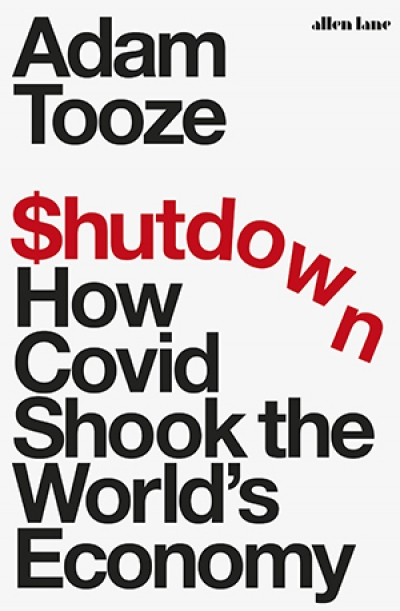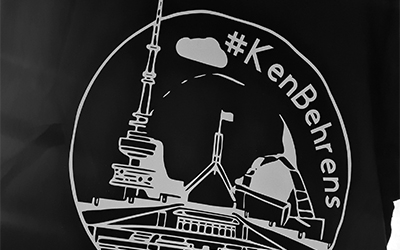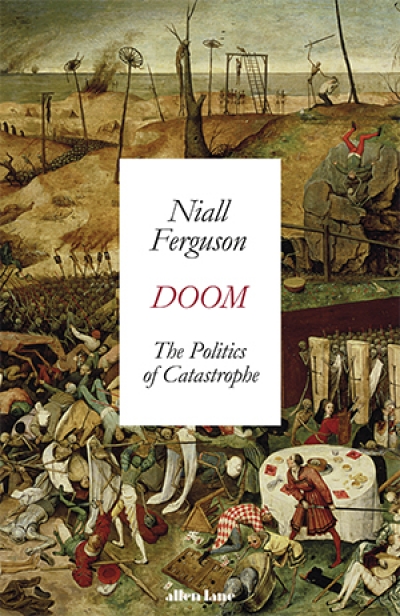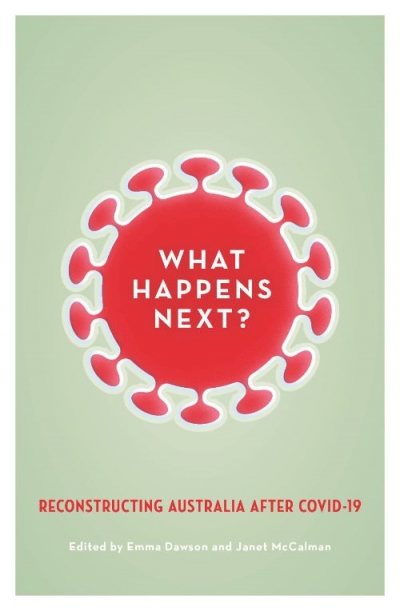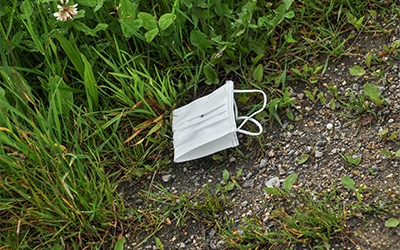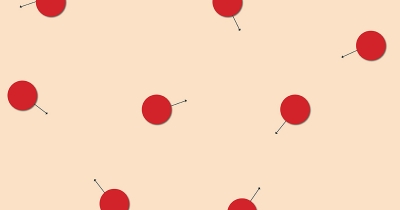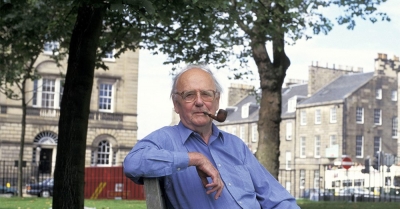Pandemic
Sign up to Book of the Week and receive a new review to your inbox every Monday. Always free to read.
Recent:
More than a year ago, I wrote about how those of us interested in language were tracking the many words and expressions being generated by the Covid-19 pandemic. At the time, all of Australia was in iso, and we had all turned to the joys (for some of us) of isobaking or learning to crochet. As the pandemic has dragged on, the language generated by it has changed. The Covidspeak of 2021 reflects our concerns about vaccinations, borders, and the impact of the Delta variant (often shortened to Delta or the Delta). The language of the pandemic has shifted to reflect our increasing frustration with slow vaccination rates, multiple and extended lockdowns and border closures, and government decisions and actions taken around these things.
... (read more)In the allegory of the cave, Plato hypothesised the birth of the philosopher as one who emerged from the darkness of illusion into the light of truth. In the dark days of the Covid-19 pandemic, philosophers are finding a platform, mostly in the press, indicative perhaps that we need an interpretation of what is happening around us beyond that offered by the media and daily conferences. As with Plato’s philosopher, what they have brought back is not necessarily what we wanted to hear, and some have been threatened with pariah-like status for views that sometimes run counter to the prescribed consensus. This was certainly the case with Italian political philosopher Giorgio Agamben.
... (read more)What Happens Next? edited by Emma Dawson and Janet McCalman & Upturn by Tanya Plibersek
If the Covid-19 pandemic has taught us anything, it is that there has never been a better time to respond to the climate crisis than now. The global nature of Covid-19 has made it clear that global issues need a coordinated response and can easily affect the welfare of every human being on earth. The virus has shown us that it is absolutely crucial to listen to the science. Governments, in responding to epidemiological forecasts, have rapidly spent hundreds of billions of dollars on welfare subsidies, enforcing social distancing, protective equipment, mental health services, and vaccine research.
... (read more)‘Healthy People Gather for Your Freedom.’ So read the sign held proudly aloft by a young woman at a protest against coronavirus restrictions on ‘Freedom Day’ in Melbourne. Drawn to the Shrine in a symbolic gesture of solidarity with those other ‘diggers’ who defended Australia against the threat of authoritarianism, she was part of a small crowd with a big message: ‘Freedom is under threat’. A bit like coronavirus itself, perhaps, ‘Freedom Day’ was an accident waiting to happen – not least of all in Victoria. No democratic government can expect to curtail freedoms without stirring up the civil libertarians (both the sane and the crazy), and the restrictions devised and enforced by the Andrews government have been more severe than most. If one is to believe former prime minister Tony Abbott, the premier of Victoria now heads up a ‘health dictatorship’ that holds five million Melburnians under ‘house arrest’. Daniel Andrews, though in truth a champion of social justice, has of late acquired the disagreeable moniker of ‘Dictator Dan’ for putting a plague city into lockdown.
... (read more)The staff and board of Australian Book Review extend their thanks to healthcare workers around the world. We all know what risks confront doctors, nurses, aides, orderlies, and administrative staff in our hospitals and medical clinics, especially here in Victoria. Countless healthcare workers have been infected with Covid-19, and many have died. We’re immensely grateful to the sector for its commitment and self-sacrifice.
... (read more)What we read at difficult times in our lives – plague, insurrection, divorce, major root canal work, etc. – is always telling. Carlyle, miserable and unwell at Kirkcaldy, read the whole of Gibbon straight through – twelve volumes in twelve days – with a kind of horrified fascination. I recall one friend who, at a time of ineffable tension, calmly read Les Misérables, one thousand pages long, in a single week. (I would have been incapable of reading a tabloid.) Another time, lovelorn in Siena, I stayed in my ghastly hotel room and read The Aunt’s Story right through while the handsome Sienese sunned themselves in the companionable Campo.
... (read more)

